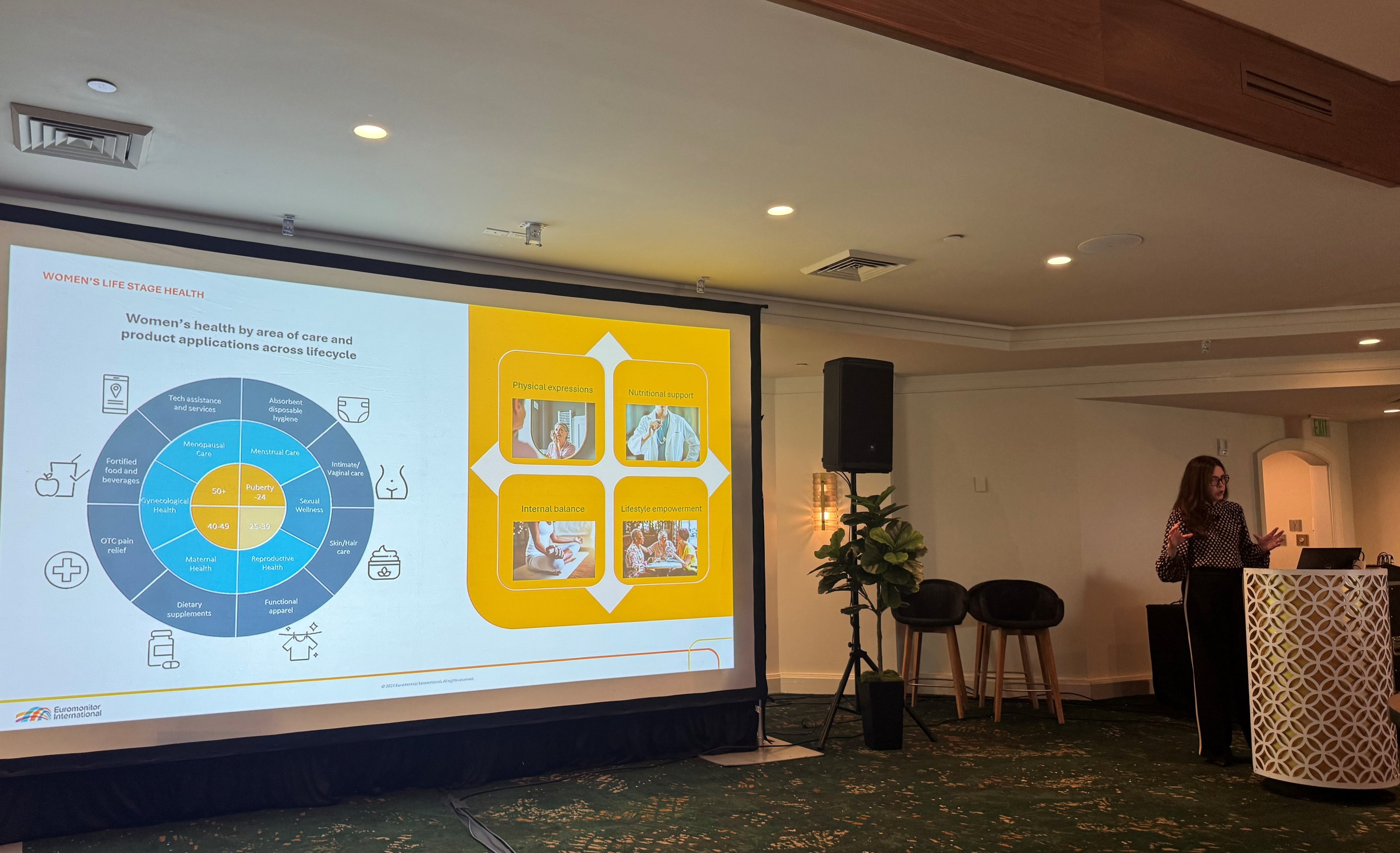RoC Skincare is advancing a science-forward approach to aging with its Longevity Council and a new research partnership with Brown University’s Center on the Biology of Aging. The company aims to move beyond the traditional anti-aging narrative and focus instead on “empowered aging.”
“At RoC, ‘empowered aging’ represents a fundamental shift from the traditional anti-aging narrative, which often focuses on fighting the signs of aging,” Hillary Hutcheson, Chief Marketing Officer of RoC Skincare, told CosmeticsDesign US. “Instead, we embrace a proactive and positive approach that celebrates vitality, health, and well-being at every stage of life.”
This strategic pivot aligns with the company’s broader emphasis on longevity science. “Rather than simply addressing surface-level concerns, empowered aging, as supported by our Longevity Council, aims to extend the healthy lifespan of skin by leveraging insights from the science of aging,” she explained.
Targeting cellular aging through academic collaboration
RoC’s recent research initiative, the Longevity Research Fund, supports work at Brown University to explore key mechanisms in the biology of aging. The collaboration centers on cellular senescence, an area of expertise for Longevity Council member and Brown University researcher John Sedivy.
“Research into cellular senescence – a form of cell aging found in the skin – could lead to important discoveries around the aging of skin tissue,” Hutcheson noted. “Targeting it in the skin is anticipated by Sedivy and team to have strong benefits for healthy aging throughout our tissues.”
Emotional impact as a product driver
Hutcheson cited consumer research which reported that “81% of women feel their skin’s appearance impacts their emotional well-being,” and described the finding as “extremely powerful.”
This “should serve as a cornerstone for product manufacturers,” she continued, as it “underscores that skin care is not merely about aesthetics; it’s deeply connected to self-confidence, self-perception, and overall mental health.”
In response to this insight, RoC conducted an eight-week study using SkinVisia imaging to assess “eye age” after using its Line Smoothing Eye Cream. “100% of participants saw a visible reduction in their eye age by up to 10 years,” she shared. “This data compels us to move beyond superficial beauty claims and instead focus on creating products that genuinely empower individuals.”
She further emphasized that efficacy and transparency should be central to product development, citing consumer trust and psychological benefits as essential outcomes of clinically proven formulations.
Multidisciplinary innovation model
RoC’s Longevity Council includes professionals from dermatology, gerontology, and mental health, bringing a holistic perspective to skin health. According to Hutcheson, this diversity of expertise enhances the company’s ability to create products that deliver both clinical performance and emotional resonance.
“This ensures that our product development isn’t narrowly focused but considers the interconnectedness of skin health with overall vitality and emotional well-being,” she said.
Blueprint for industry-wide change
RoC’s model presents a strategic framework for other brands navigating the growing demand for purpose-driven, wellness-oriented skin care, “where efficacy, ethics, and emotional resonance are equally important,” Hutcheson said. She believes initiatives like expert-led councils and academic collaborations are becoming necessary to remain competitive.
“For other manufacturers and suppliers,” she concluded, “leveraging initiatives like expert-led councils or academic partnerships is no longer a luxury but a necessity to meet these evolving expectations.”





